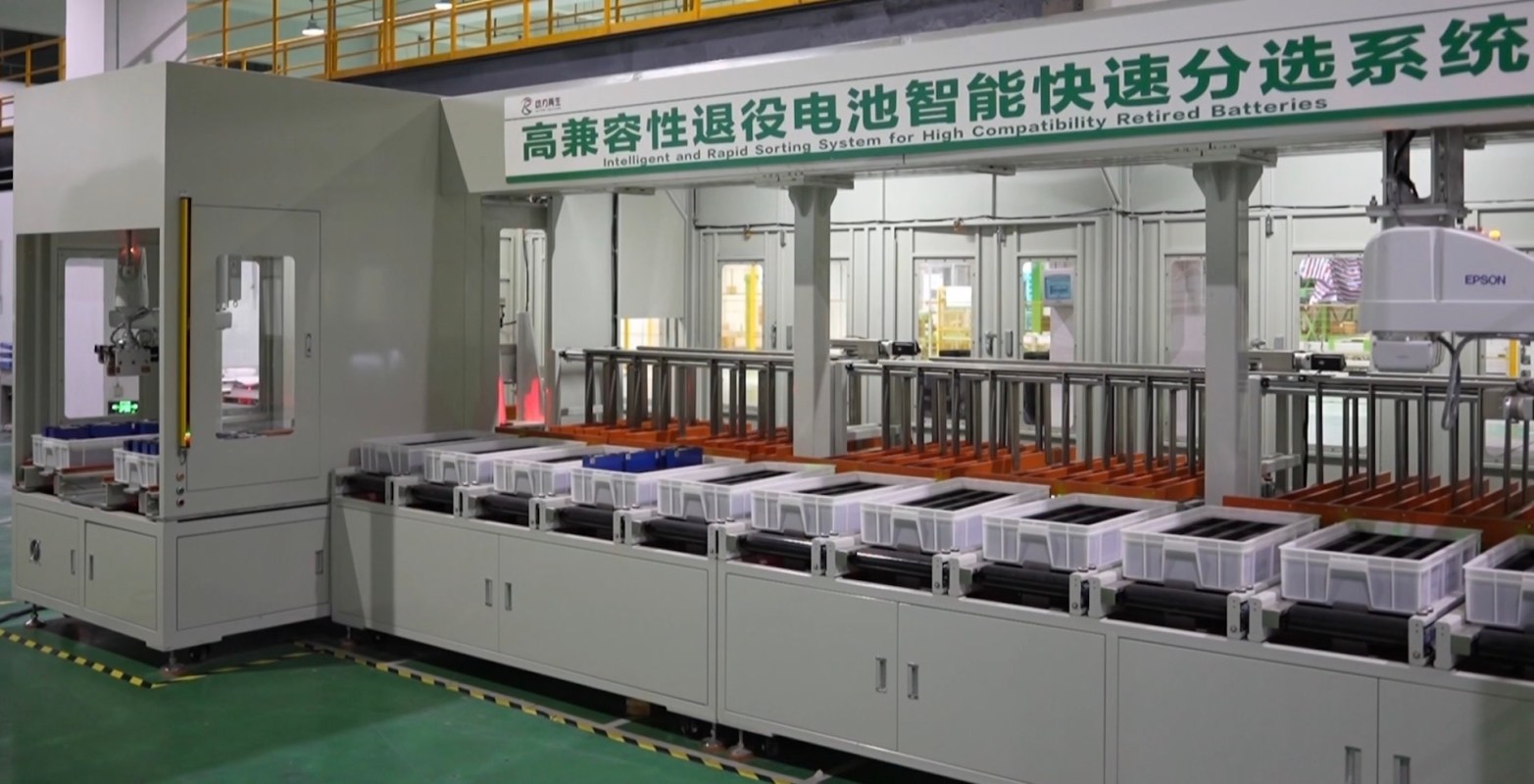While electric vehicles produce far less air pollution than traditional gas-powered cars over their lifetimes, they are not without their environmental drawbacks. Those drawbacks mainly come from their batteries, which require costly and difficult-to-mine rare metals.
That means the future of the EV industry will likely be heavily reliant on the ability to recycle the batteries that have already been made. As MIT Technology Review puts it, "While electric cars are cleaner than gas cars, mining the raw materials for EV batteries often contaminates the environment and leads to labor and human rights abuses. Recycling batteries offers a cleaner, more ethical way to power the global energy transition."
One Chinese company, Green Eco-Manufacture (GEM), is apparently way ahead of the competition when it comes to recycling EV batteries efficiently. MIT Technology Review reports that the company, "can recycle over 90% of lithium from used batteries and extract nickel from materials that contain less than 0.1% of the metal."
GEM's advantage seems to be derived from the fact that it has been in operation since 2001, long before most current EV battery recycling companies.
In the United States, the EV battery recycling industry is still in its infancy, as most of the companies in that space were founded in the last decade.
GEM says (in a translation of a web page) that it currently "has established directional recycling cooperation relationships with used power batteries with more than 650 well-known domestic and foreign new energy vehicle and battery manufacturers."
And the company is expanding into other countries, with plants in South Africa, Indonesia, and South Korea — and it is looking into Europe, per MIT Technology Review.
GEM's expansion may be partially motivated by the company's desire to take advantage of subsidies from the United States' Inflation Reduction Act, which requires a part of a company's supply chain to be on the soil of a U.S. ally, according to the news outlet.
Whatever the reason, the more EV batteries that can be recycled, and the more efficiently they are recycled, the better it is for the planet.
Join our free newsletter for weekly updates on the coolest innovations improving our lives and saving our planet.









